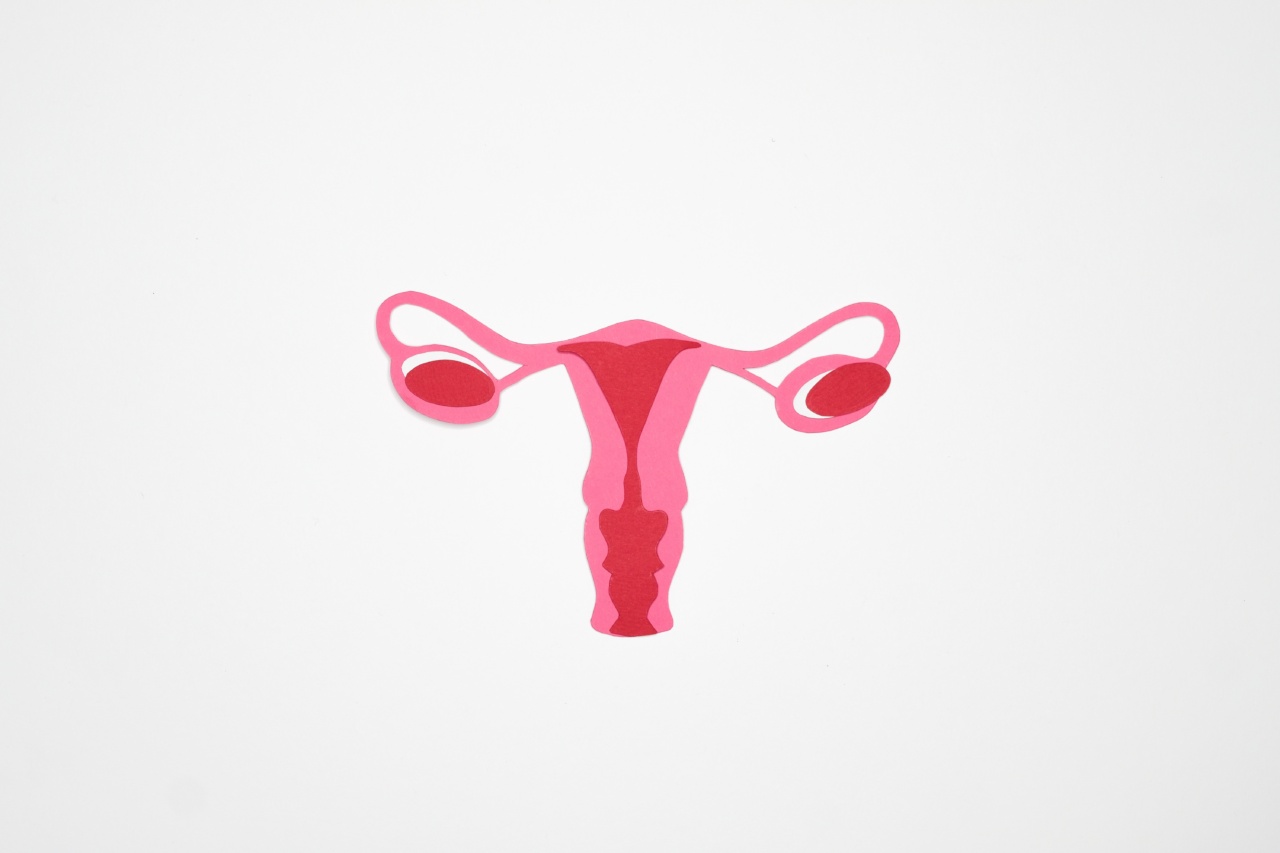Pesticides are widely used in agriculture to control pests that affect crop yield. Although they are effective in eliminating pests, they can cause harm to the environment, animals, and humans.
Exposure to pesticides can lead to several health risks, including reproductive health issues. In this article, we will discuss how pesticides can damage reproductive health and what measures can be taken to reduce the risk of exposure.
What are pesticides?
Pesticides are chemicals that are used to control pests, such as insects, weeds, and fungi. They come in various forms such as sprays, dust, and granules, and can be applied to crops, trees, and the soil.
Although they are primarily used in agriculture, pesticides can also be used in homes and public areas to control pests.
How do pesticides affect reproductive health?
Pesticides contain chemicals that can affect the hormonal balance in the body. This can lead to several reproductive health issues, including:.
1. Infertility
Exposure to pesticides can reduce fertility in both men and women. Pesticides can affect the production of sperm in men and disrupt ovulation in women.
Studies have shown that men who are exposed to pesticides have a lower sperm count, reduced sperm quality, and more DNA damage in their sperm. Women exposed to pesticides are more likely to experience irregular menstrual cycles and have a higher risk of infertility.
2. Miscarriage
Exposure to pesticides during pregnancy can increase the risk of miscarriage. Pesticides can affect the development of the fetus and cause abnormalities in the reproductive system.
Studies have shown that women who are exposed to certain pesticides have a higher risk of miscarriage than those who are not exposed.
3. Birth defects
Pesticide exposure during pregnancy can also cause birth defects in the baby. Some pesticides can affect the development of the nervous system, leading to problems such as ADHD and autism.
Others can affect the development of the reproductive system, leading to genital abnormalities.
4. Endocrine disruption
Pesticides contain chemicals that can disrupt the endocrine system. The endocrine system is responsible for regulating hormones in the body, and any disruption can lead to several health issues.
Pesticides can mimic hormones in the body, leading to hormonal imbalances and reproductive problems.
5. Cancer
Exposure to some pesticides has been linked to an increased risk of cancer, including breast, ovarian, and prostate cancer. Some pesticides contain carcinogenic chemicals that can damage DNA and lead to the development of cancer cells.
How to reduce the risk of pesticide exposure?
Reducing the risk of pesticide exposure can help protect reproductive health. Here are some measures that can be taken:.
1. Buy organic
Organic produce is grown without the use of synthetic pesticides, making it a safer option for consumption. Buying organic fruits and vegetables can reduce the risk of pesticide exposure.
2. Wash produce
Washing fruits and vegetables can remove some of the pesticide residues on the surface. Using a vegetable brush and a mixture of water and vinegar can help remove more of the residues.
3. Use protective gear
If you work in an area where pesticides are used, be sure to wear protective gear, including gloves, goggles, and a mask. This can reduce the risk of skin and respiratory exposure.
4. Limit exposure
Avoid exposure to pesticides whenever possible. If you live near an agricultural area, try to limit your time outside during pesticide applications.
If you use pesticides in your home, be sure to follow the instructions carefully and keep them out of reach of children.
5. Support regulations
Supporting regulations that limit the use of harmful pesticides can help reduce the risk of exposure. Contact your local government officials and voice your concerns about the use of harmful pesticides in your area.
Conclusion
Pesticides can have a detrimental effect on reproductive health. They can cause infertility, miscarriage, birth defects, endocrine disruption, and cancer.
Reducing the risk of exposure can help protect reproductive health, and measures such as buying organic produce, washing produce, wearing protective gear, limiting exposure, and supporting regulations can all help reduce the risk of pesticide exposure.





























